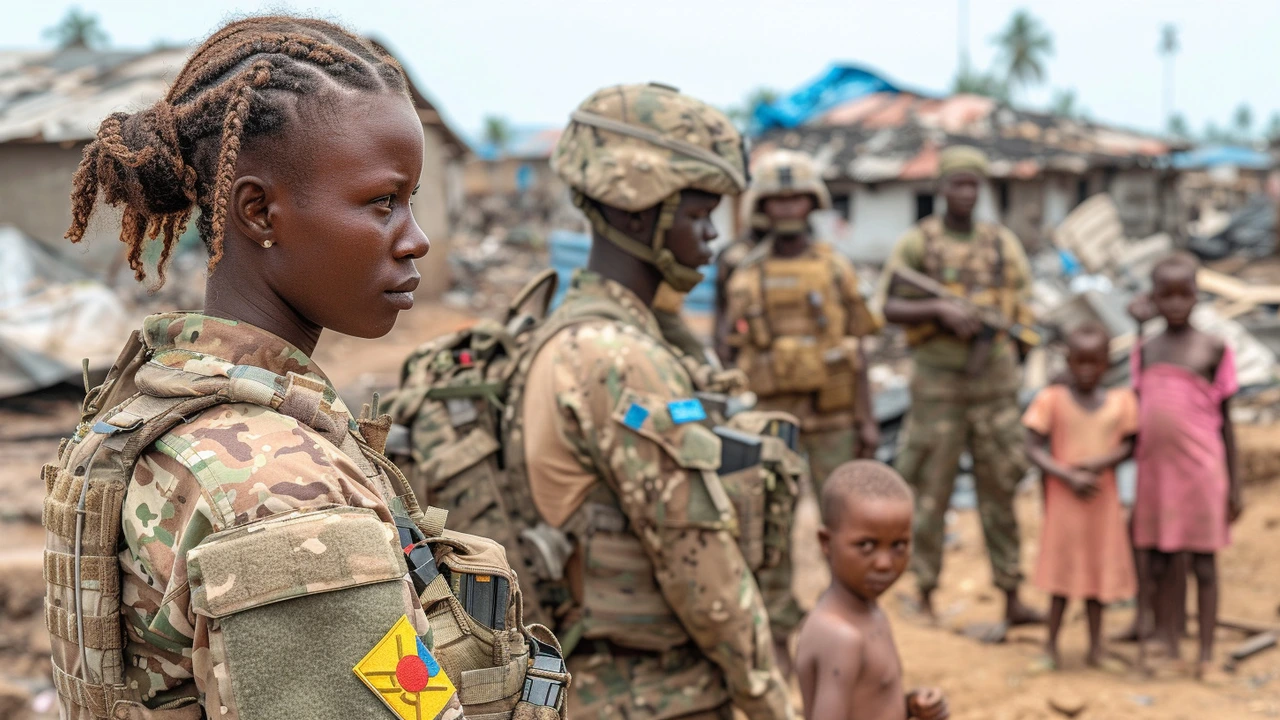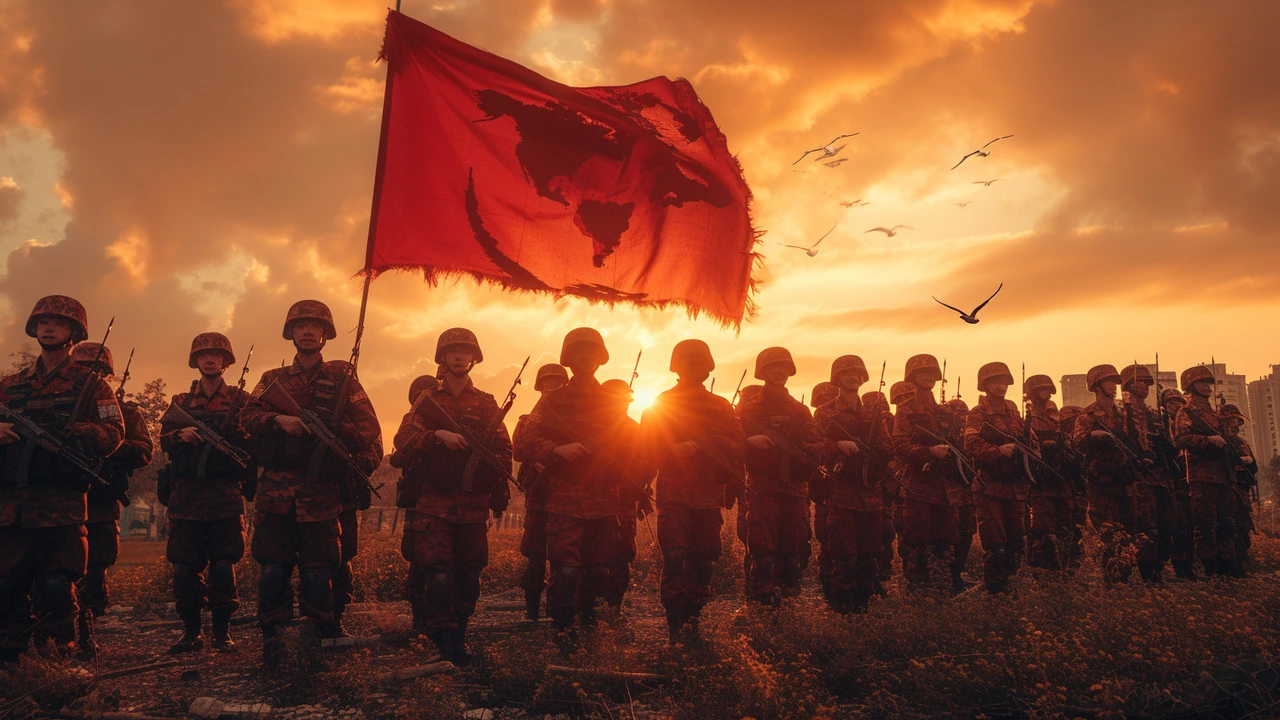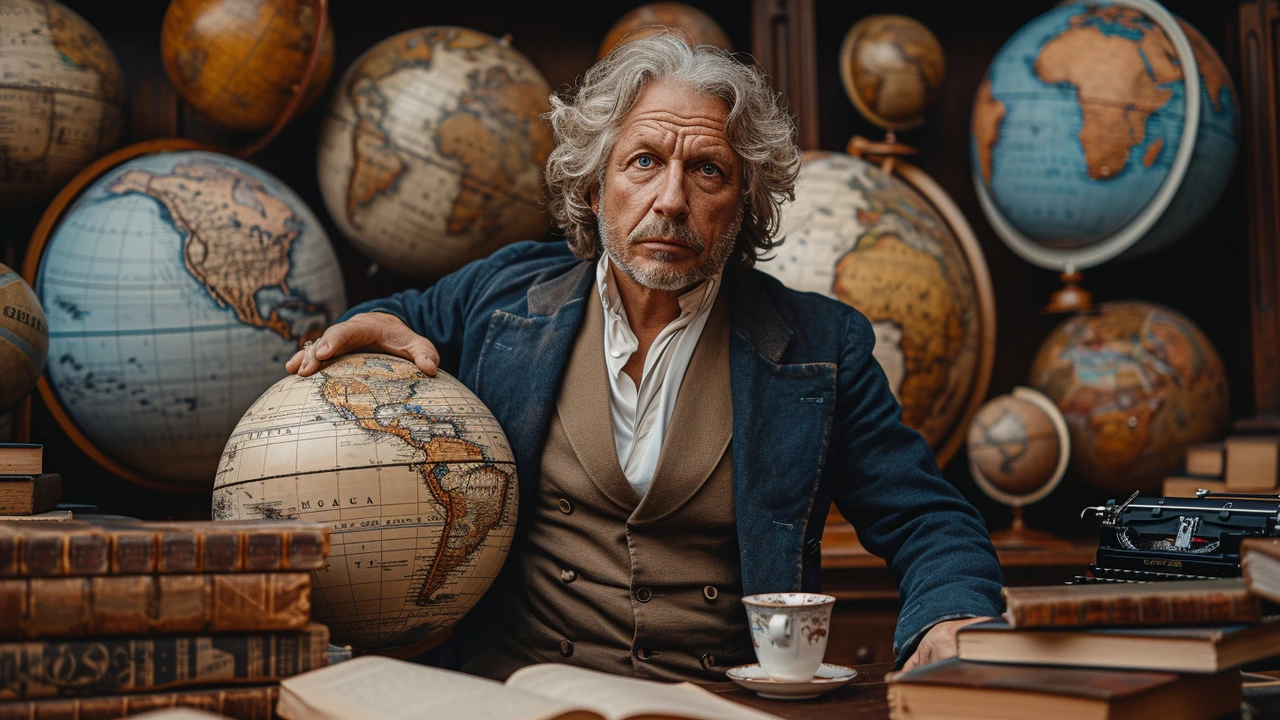Here’s a clear fact: peacekeeping isn’t just troops and blue helmets. It’s community protection, mediation, rebuilding schools, and sometimes quiet diplomacy that prevents violence from flaring up again. If you care about global stability, understanding how peacekeeping fits into international security helps you see which actions actually reduce harm and why some missions succeed while others stall.
Peacekeeping operates at three levels. First, immediate protection — patrols, checkpoints, and civilian escorts keep people safe during crisis moments. Second, stabilizing institutions — helping courts, police, and local administration rebuild so order lasts when troops leave. Third, political support — mediating talks, backing fair elections, and pushing for inclusive governance. When these three connect, the chance of lasting peace goes up.
Politics often trips up good plans. Mandates may be vague, or troop contributors disagree on how force should be used. Funding gaps slow down everything from patrols to rebuilding. Local trust matters too: if communities see peacekeepers as outsiders or biased, cooperation falls apart. Security tech like drones and data tools help, but they don’t replace boots on the ground or real relationships.
Another practical issue is safety. Peacekeepers face asymmetric threats — roadside bombs, armed groups blending with civilians, or targeted attacks. That forces missions to balance being visible enough to deter violence and cautious enough to avoid needless risks. Training, better intelligence sharing, and stronger protective gear make a real difference.
Want to stay informed without getting overwhelmed? Follow a few trusted sources: official UN mission reports, reputable NGOs that do fieldwork, and a couple of independent journalists covering the region. Look for updates on mandates, troop contributions, casualty reports, and local voices. Those signals tell you whether a mission is making progress or stuck.
If you want to help, support organizations that focus on protection of civilians, rule of law, or community reconciliation. Small donations to vetted NGOs fund local clinics and education programs that lower the chance of renewed conflict. You can also pressure policymakers: ask your representatives how your country decides troop contributions and what oversight exists.
Finally, keep asking specific questions. Who sets the mission mandate? How are civilians consulted? What metrics show progress? Those questions push for clearer plans and better outcomes. International security and peacekeeping are complex, but practical, targeted actions from governments, NGOs, and the public make a measurable difference.

Hey there, friends! Ever wondered how those brave peacekeeping forces help in protecting human rights around the world? Well, today, I'm diving into this heartfelt issue, and believe me, it's both powerful and poignant. These missions are more than just soldiers in blue helmets; they're beacons of hope in war-torn regions, tirelessly working to ensure safety and uphold dignity for all. They navigate the complexities of international laws and conflict dynamics to bring about peace and order. Join me as I explore the vital role these unsung heroes play in keeping the light of human rights shining bright even in the darkest of times.

From my perspective as a passionate advocate for peace, the article I'm sharing today explores the immense role of peacekeeping as a global responsibility. We delve into topics such as international security and conflict resolution, demonstrating the significance of collective action in maintaining world peace. Expect to discover how peacekeeping operations have evolved over the years and the current challenges they face. This is a chance for us to enhance our understanding, and ideally, our commitment to this critical global endeavour.

Hi there! In this post, I'm going to dig deeper into an essential aspect of global stability - peacekeeping. I will explore how this practice serves as a critical pillar of international security, making a significant impact on how nations interact. I'll also share nuggets that shed light on how peacekeeping is a testament to humanity's relentless pursuit of peaceful coexistence. Join me as I uncover the intricacies of this critical keystone in international relations.
